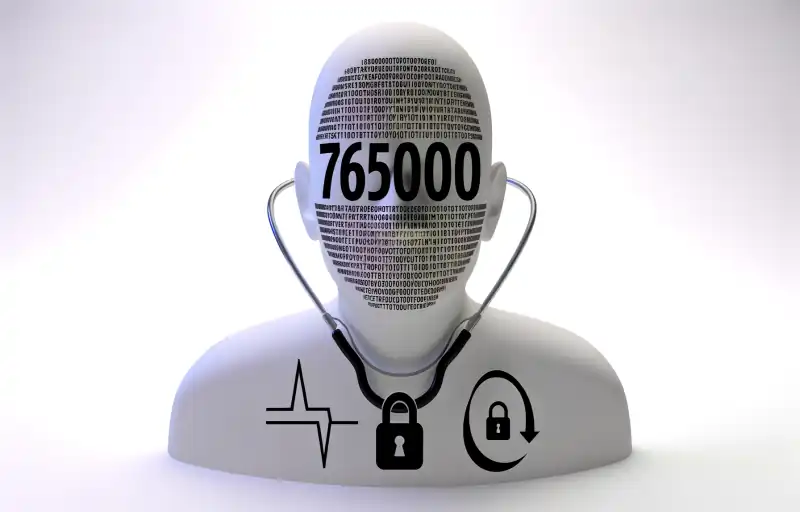
“Protecting Your Digestive Health and Personal Data – MNGI’s Commitment to Security and Privacy”
The Impact of the MNGI Digestive Health Data Breach on Patient Privacy
MNGI Digestive Health, a Minnesota-based healthcare provider, has recently reported to the Maine Attorney General’s Office that hackers have accessed the personal information of 765,000 individuals. This data breach is a serious concern for those affected, as it potentially exposes sensitive information such as names, addresses, social security numbers, and medical records. The incident occurred on August 20, 2023, but it took MNGI almost one year to determine that personal and protected health information was accessed.
The impact of the MNGI Digestive Health data breach on patient privacy is significant. Patients trust their healthcare providers to keep their personal and medical information secure. When that trust is broken, it can have far-reaching consequences. Not only does it put patients at risk for identity theft and fraud, but it can also lead to a loss of confidence in the healthcare system as a whole.
For those affected by the breach, the potential for harm is real. Hackers can use stolen social security numbers to open new accounts, file fraudulent tax returns, or even obtain medical services in someone else’s name. This can lead to financial losses, damage to credit scores, and a host of other problems. Additionally, if medical records are accessed, there is a risk that private health information could be exposed, leading to embarrassment or discrimination.
MNGI Digestive Health has taken steps to address the breach, including notifying affected individuals and offering credit monitoring and identity theft protection services. However, these measures may not be enough to fully mitigate the damage. Patients will need to be vigilant in monitoring their credit reports and financial accounts for any signs of unauthorized activity.
The breach also raises questions about the security measures in place at MNGI Digestive Health. How did the hackers gain access to the system? Were there vulnerabilities that could have been addressed before the breach occurred? These are questions that will need to be answered as the investigation into the incident continues.
In the meantime, patients are left to deal with the fallout from the breach. Some may choose to seek care elsewhere, while others may be hesitant to share personal information with their healthcare providers in the future. This could have a negative impact on patient care, as providers rely on accurate and complete information to make informed decisions about treatment.
The MNGI Digestive Health data breach is a reminder of the importance of cybersecurity in the healthcare industry. As technology continues to advance, so too do the methods used by hackers to gain access to sensitive information. Healthcare providers must be proactive in protecting patient data, implementing robust security measures, and regularly reviewing and updating those measures to stay ahead of potential threats.
For patients affected by the breach, it is important to take action to protect themselves. This includes monitoring credit reports, placing fraud alerts on credit files, and being cautious about sharing personal information. It is also important for patients to advocate for stronger security measures from their healthcare providers to prevent future breaches from occurring.
As the investigation into the breach continues, it will be important for MNGI Digestive Health to address any vulnerabilities in their system and work to regain the trust of their patients.














